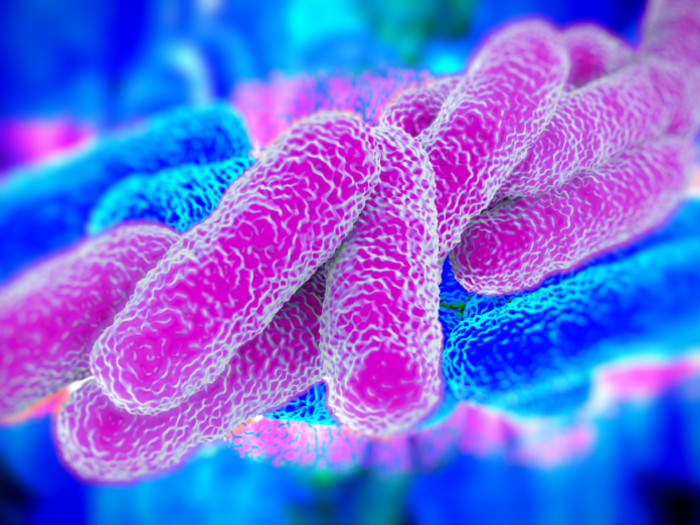Production of antibodies could mean protection against diseases that are difficult to treat. Hence, the discovery of a novel method of drug delivery that could boost antibody production in the body means humanity being a step closer to winning the fight against the disease.

Antibodies protect against infection. Photo Credit: Shutterstock
A recent study has discovered a new way of delivering drugs within the body, to effectively boost antibody production. The results suggest that this could lead to sustained HIV antibody production. Antibodies are soldiers of the immune system that protect against or fight off infections. The new method, with further developments, could also help against several other diseases.
The method uses a virus harmless to the human body, to deliver an antibody gene to the cell. The virus in question, adeno-associated virus serotype 8 (AAV8), has previously been effectively tested to deliver antibodies against SIV, the HIV-like virus affecting monkeys.
“Monoclonal antibodies hold enormous promise for preventing and treating both established and emerging infectious diseases,” said NIAID Director Anthony S. Fauci, M.D. “Novel delivery platforms such as viral vectors could facilitate the future development and deployment of antibody-based prophylaxis and therapy, and these findings are a promising first step in that direction.”
The results of this study were presented by the researchers at the 2020 Conference on Retroviruses and Opportunistic Infections. [1]
